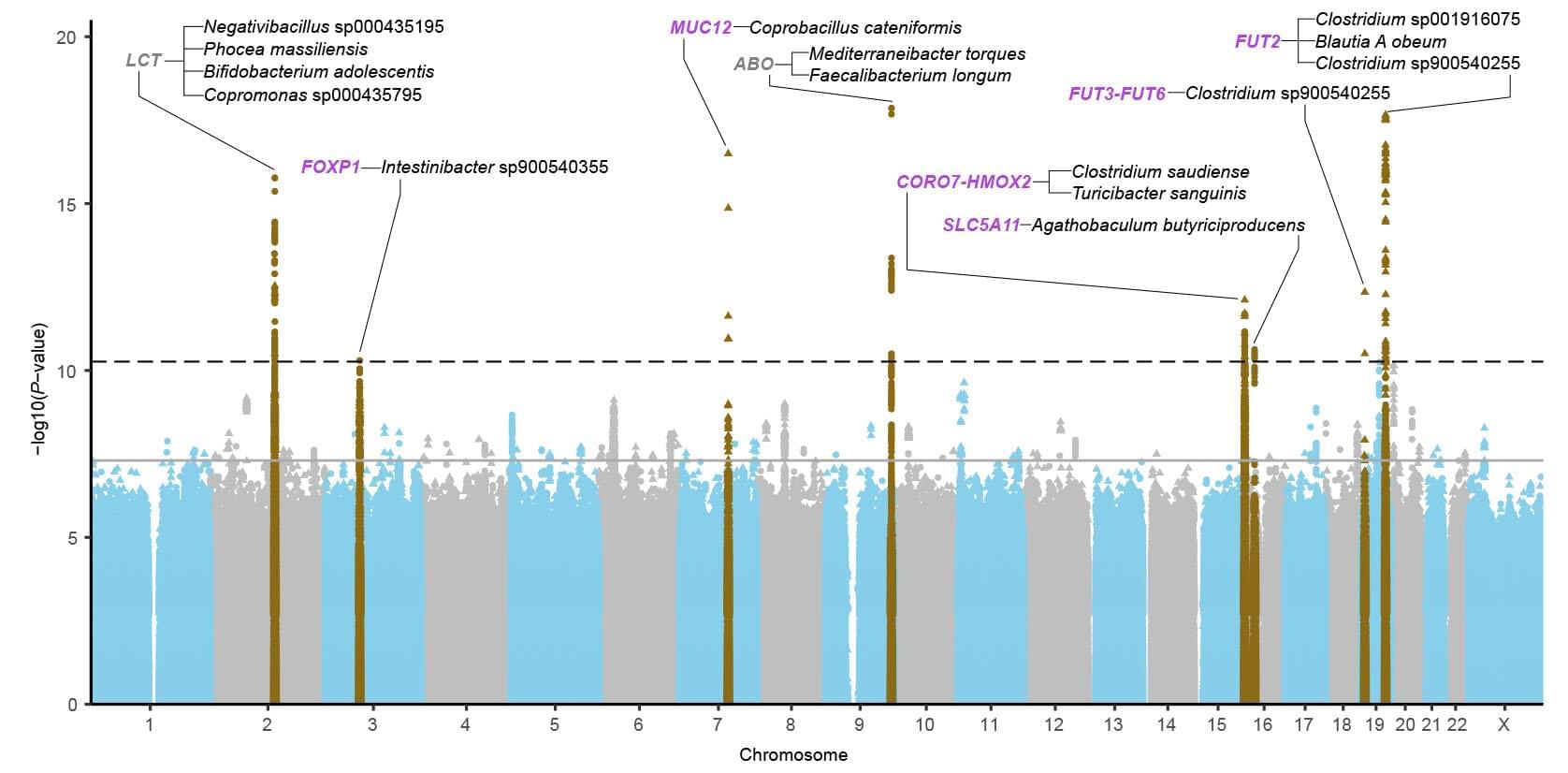A company called Fractal Health is developing a one-time GLP-1 gene therapy and the first humans are being dosed this year.
Instead of weekly injections like semaglutide or tirzepatide, this approach delivers genes directly into pancreatic beta cells. The therapy is controlled by the insulin promoter, meaning GLP-1 is only released when you eat — not continuously.
That could mean fewer systemic side effects and a more physiologic response.
They’re developing two versions:
• GLP-1 alone.
• GLP-1 + GIP (similar to tirzepatide)
One injection. Potentially permanent metabolic support.
If this works, it could redefine obesity and diabetes treatment.






